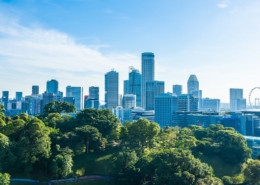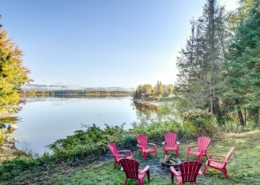Overview of Airbnb Regulations in Paris
The Best Cities for Airbnb Investment in France
Uncovering the Rewarding Prospects of Airbnb in Paris
With its iconic landmarks, rich history, and exquisite cuisine, Paris remains one of the most popular tourist destinations in the world. As the number of visitors continues to rise, many travelers are seeking alternative accommodation options like Airbnb. However, hosting on Airbnb in Paris is subject to a variety of regulations to ensure the sustainability of the housing market and maintain the city’s unique charm. This article aims to provide a comprehensive overview of Airbnb regulations in Paris, so hosts can stay informed and compliant.
Check out Airbnb Legal Issues and Statistics of Paris
Registration of Airbnb Properties
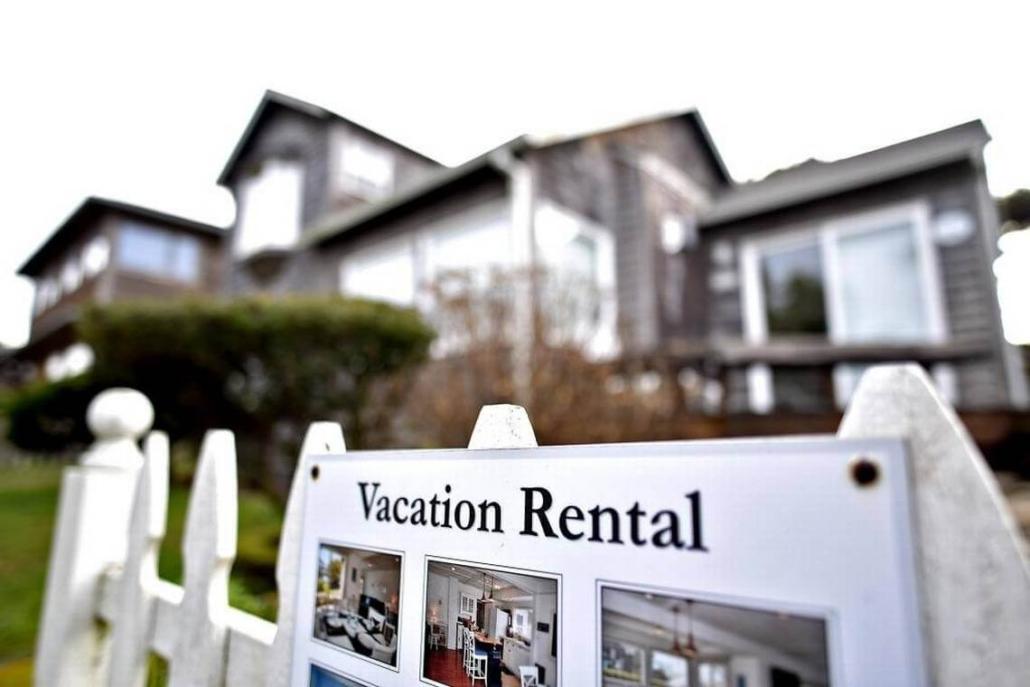
In Paris, hosts are required to register their property with the local authorities before listing on Airbnb or other short-term rental platforms. This regulation helps the city keep track of the number of short-term rentals available and ensure that hosts adhere to the laws in place. To register your property, you must obtain a unique registration number that must be displayed on your listing. Failing to do so could result in significant fines.
The 120-Day Rental Limit
One of the most important Airbnb regulations in Paris is the 120-day rental limit. You may rent out your primary residence in its entirety for up to 120 days per year. Primary residence refers to the location where hosts reside for a minimum of 8 months per year, except in cases of professional obligations, health concerns, or unexpected events. However, you have the option to rent a room within your primary residence without any duration restrictions, allowing you to do so for 365 days per year. A secondary residence is a property where you spend less than 4 months per year. You are permitted to rent your secondary residence throughout the year, as long as you have notified the city of your rental activities.
The Tax Obligations for Airbnb Hosts
Airbnb hosts in Paris are required to pay taxes on their rental income. This includes a tourist tax (taxe de séjour) that varies depending on the type of accommodation and the number of guests. Airbnb automatically collects this tax on behalf of hosts and remits it to the local authorities. Hosts must also declare their rental income and pay income tax, social contributions, and any other applicable taxes. It is crucial to consult a tax professional to ensure compliance with all tax obligations.
Health and Safety Requirements
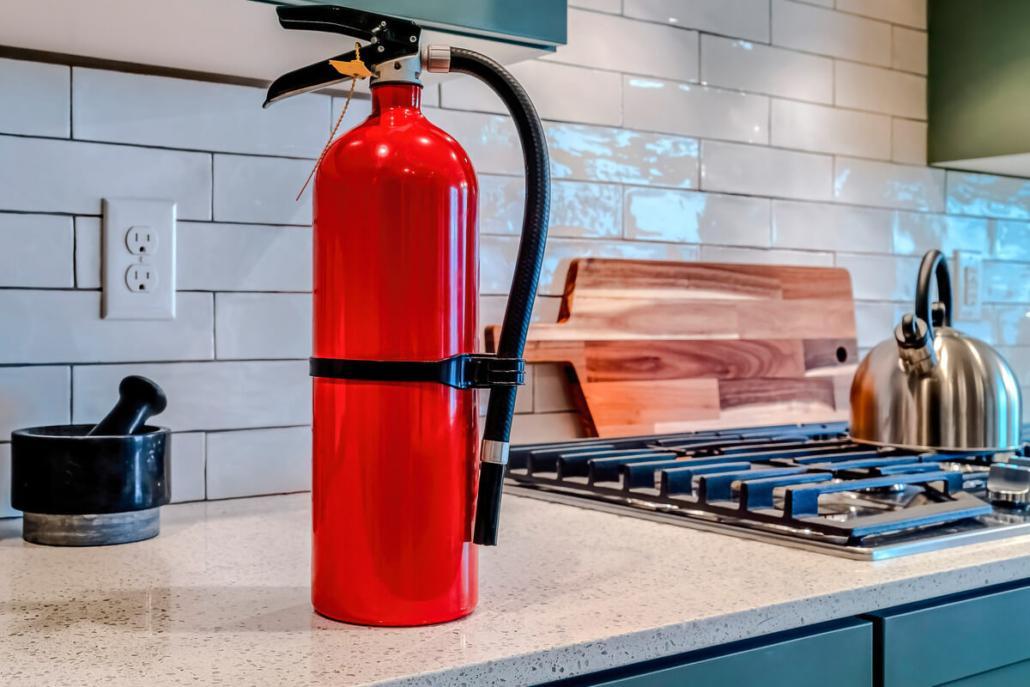
Airbnb hosts in Paris must comply with a set of health and safety requirements to ensure the wellbeing of their guests. These include providing smoke and carbon monoxide detectors, a first-aid kit, and a fire extinguisher. Hosts must also provide guests with clear instructions for emergency situations and ensure that the property is well-maintained and hazard-free.
Insurance and Liability Considerations
Hosts should also consider obtaining appropriate insurance coverage for their Airbnb property. While Airbnb provides its Host Guarantee and Host Protection Insurance, these may not cover all possible situations or damages. It is essential to review your existing home insurance policy and consult an insurance professional to ensure you have the necessary coverage for your short-term rental.
Rent Control and Tenant Protection
Paris has strict rent control regulations in place to protect tenants and maintain housing affordability. If you are a tenant who wishes to sublet your rented property on Airbnb, you must first obtain written permission from your landlord. Additionally, the rental price you charge for your Airbnb listing must not exceed the legally permitted rent for your property. Violating these regulations can lead to fines and legal consequences.
Building Regulations and Co-Ownership Rules
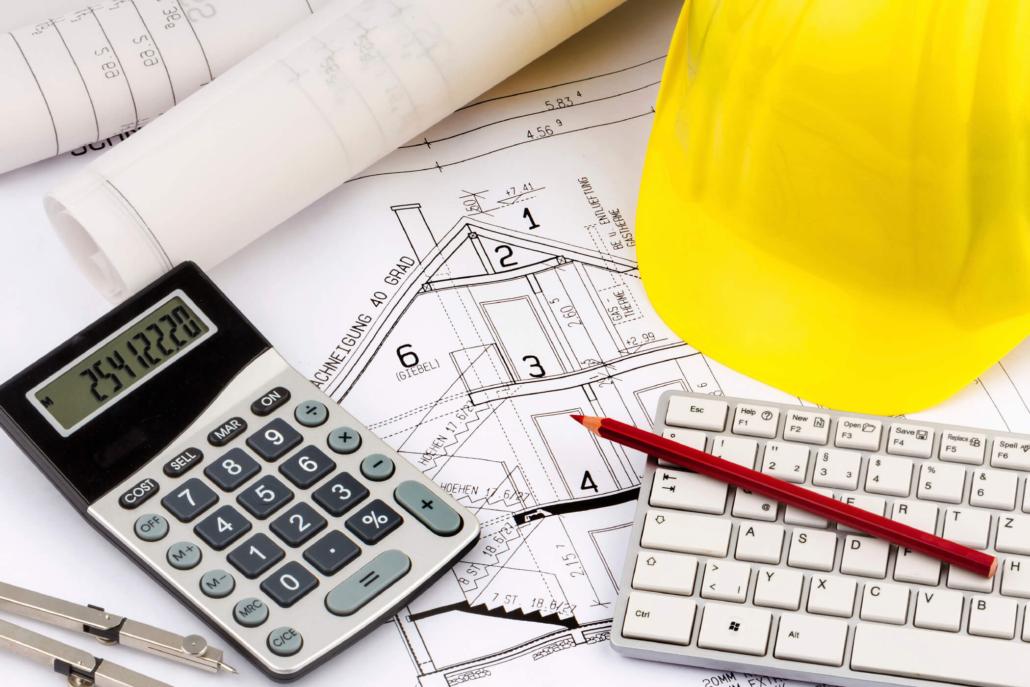
If your property is part of a co-owned building, you must comply with any building regulations or rules set by the co-ownership association. These rules may restrict or prohibit short-term rentals, so it is essential to consult your co-ownership agreement and obtain any necessary permissions before listing your property on Airbnb.
Navigating Local Zoning Laws
Certain areas of Paris may have specific zoning laws or restrictions that apply to short-term rentals. It is important to familiarize yourself with any local regulations in your neighborhood to ensure your Airbnb listing complies. Failure to do so could result in fines, legal action, or even the removal of your listing from Airbnb.
Enforcement and Penalties for Non-Compliance
Paris takes the enforcement of Airbnb regulations seriously, and hosts who fail to comply can face significant penalties. Fines for violations, such as not registering your property or exceeding the 120-day rental limit, can range from several thousand euros up to €50,000. In addition to financial penalties, non-compliant hosts may face legal action or even the suspension or removal of their listing from Airbnb.
Check out:
- Rome vs Airbnb: A Comprehensive Analysis of the City’s Rental Regulations
- Airbnb Regulations in Atlanta: What Hosts Need to Know
- Guide for Hosts on the Airbnb Regulation in Marseille
Conclusion
The city of Paris has implemented various Airbnb regulations to maintain its charm, protect its housing market, and ensure the safety and well-being of both hosts and guests. As a host, it is crucial to stay informed and adhere to these rules to avoid potential fines, legal repercussions, or other consequences. By following the guidelines outlined in this article and conducting further research, hosts can enjoy a successful and compliant Airbnb experience in the City of Lights.








